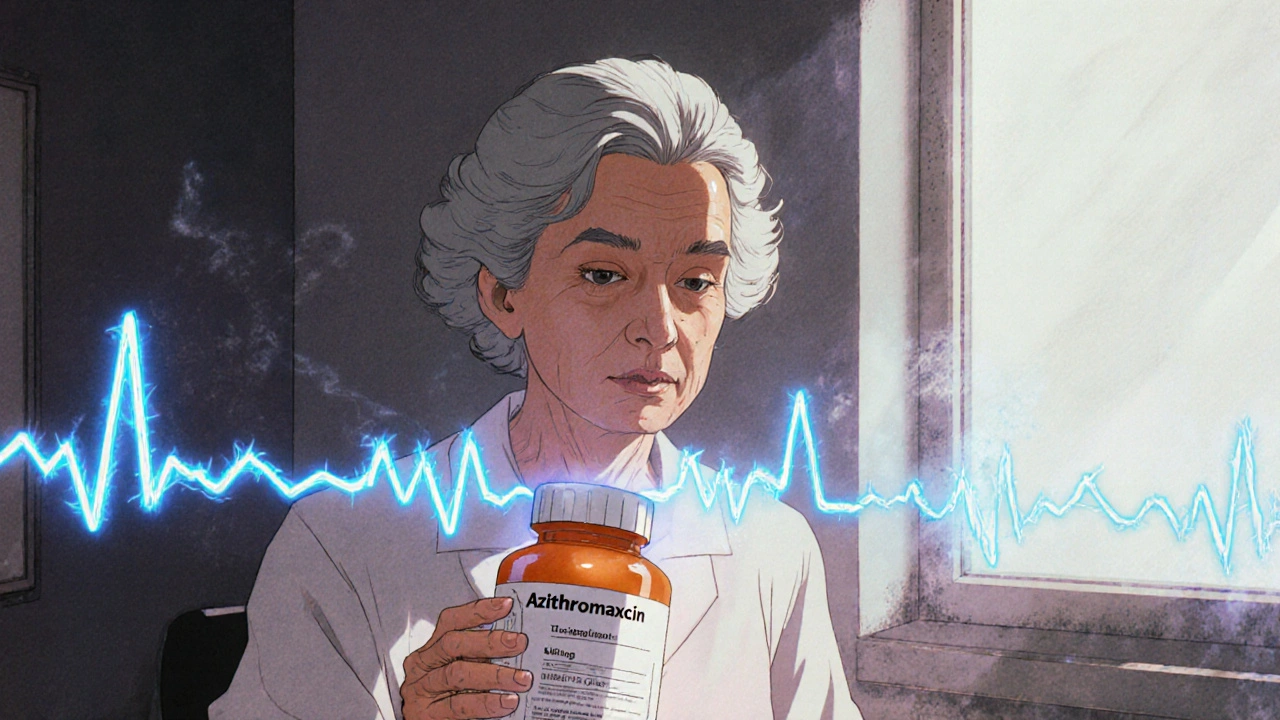When you’re prescribed clarithromycin, a macrolide antibiotic used to treat bacterial infections like pneumonia, sinusitis, and H. pylori. Also known as Biaxin, it works by stopping bacteria from making proteins they need to survive. It’s not for every infection—only those caused by bacteria—and it’s often chosen when penicillin won’t work or isn’t safe.
People use clarithromycin for more than just a sore throat. It’s part of combo treatments for H. pylori, a stomach bacteria linked to ulcers, and it’s sometimes used for skin infections, like cellulitis or acne. But it’s not harmless. Common side effects include stomach upset, diarrhea, and a weird taste in your mouth. More serious risks? Liver problems, irregular heartbeat, and dangerous interactions with blood thinners, cholesterol meds, or even some heart drugs.
What you might not realize is that clarithromycin doesn’t play well with other pills. It can boost levels of drugs like statins, leading to muscle damage, or make blood thinners too strong. That’s why doctors check your full med list before prescribing it. It’s also not something you should stop early just because you feel better—finishing the full course stops resistant bugs from forming.
There’s a reason you’ll see posts here about comparing antibiotics like clindamycin and azithromycin—clarithromycin sits right in that middle ground. It’s strong, but not always the first pick. Some people get relief with a cheaper or gentler option. Others need it because allergies or past infections ruled out the alternatives.
If you’ve ever wondered why your doctor picked this one over that one, or why you got a weird reaction after taking it, you’re not alone. The posts below dig into real experiences: how people handled side effects, what worked when clarithromycin didn’t, and how to spot when something’s going wrong. You’ll find guides on antibiotic safety, how to avoid dangerous combos, and what to do if you’re worried about your meds. No fluff. Just what you need to know to use clarithromycin safely—and when to ask for something else.

Macrolide antibiotics like azithromycin and clarithromycin can prolong the QT interval and trigger life-threatening heart rhythms in high-risk patients. Learn who's most vulnerable and how to avoid dangerous interactions.